Award winning dermatology service, with over 20 years on experience
Short waiting lists, on some occasions offering same week appointments
Safe environment, in Care Quality Commission approved facilities
Skin Allergy Treatment include
Skin Allergies
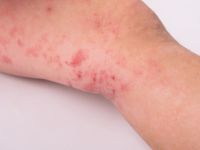
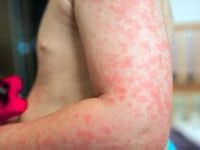
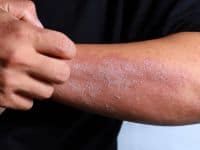

SKIN ALLERGY SYMPTOMS/Common Indicators
- Inflamed and reddened skin: You may notice signs of inflammation and redness in the affected region.
- Rash emergence: Rashes may be visible, often manifesting as small bumps or hives.
- Development of swelling: The skin may exhibit signs of puffiness and swelling.
- Persistent itching: There might be a constant compulsion to scratch the affected spot.
- Development of blisters: Fluid-filled blisters may form on the skin.
- Burning or stinging sensation: Some people might feel a stinging or burning sensation in the affected area.
- Dryness and cracking of skin: The skin may become dry, flaky, and even crack.
UNDERSTANDING THE ROOT CAUSES OF SKIN ALLERGIES
- Metals: Everyday items like jewelry, belts and zippers often contain Nickel, which is a prevalent allergen.
- Fragrances: Scents present in perfumes and other fragranced goods can instigate allergic reactions.
- Preservatives: These are chemicals found in cosmetics, lotions and various personal care products.
- Rubber: Products made of latex or other rubber materials, such as gloves and balloons.
- Plants: Certain plant species, like poison ivy, poison oak and poison sumac, trigger allergic reactions.
- Dyes: These are used in clothes, hair care products and cosmetics.
- Medications: Allergies can also stem from topical medications, like antibiotic ointments.
- Cleaning Products: Items like detergents, soaps and household cleaners may have allergenic substances.
- Cosmetics: Makeup, lotions and skincare products might contain allergy-inducing ingredients.
- Industrial Chemicals: Allergens can also be substances used in industries like manufacturing or construction.
WHAT IS THE DURATION OF A SKIN ALLERGY?
PATCH TESTING FOR SKIN ALLERGY
Patch testing stands as a powerful tool for skin allergy diagnosis, as it effectively determines particular substances instigating allergic reactions. This is achieved by applying minute quantities of possible allergens on the skin, then tracking the response over several days. This enables health practitioners to accurately identify the root causes of dermatitis or other allergy-induced conditions. Offering an approach that is both targeted and personalised, gives patients the ability to evade known allergens and better manage their symptoms. Not to mention, the patch testing procedure is non-invasive and boasts a high accuracy rate, making it an unparalleled technique for elevating the quality of life for those dealing with ongoing skin allergies.
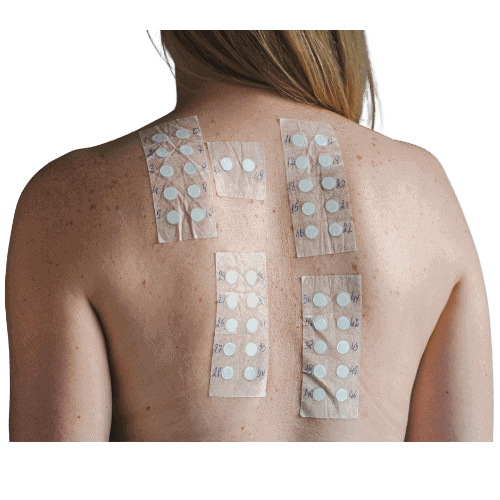
Frequently Asked Questions
WHAT'S THE REMEDY FOR SKIN ALLERGIES?
SUDDEN ONSET OF SKIN ALLERGIES: WHAT COULD BE THE CAUSE?
REQUEST A CALL BACK
Please fill in this form and one of our team will give you a call back to arrange a consultation with one of our expert dermatologists.
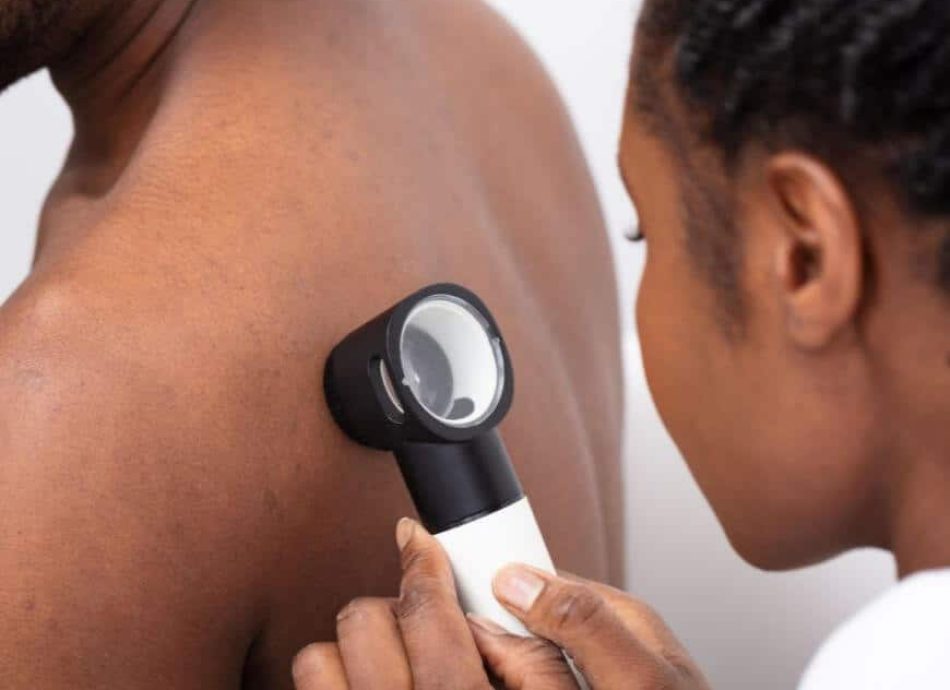
What our Customers Say
Why Treat Your SKIN ALLERGIES at CANTERBURY SKIN AND LASER CLINIC?
Here at Kent’s leading private skin and laser clinic, our experts are specialists in all aspects of dermatology, skin cancer, anti-ageing and beauty treatments. We are one of the few skin clinics in the UK where all medical consultations and treatments are provided by specialist doctors with Dermatology experience and laser training.
Canterbury Skin and Laser Clinic is regulated by the Care Quality Commission, ensuring the best level of treatment is provided to you in a safe environment. Our Clinical Lead Dr Mark Hudson-Peacock is a member of the British Association of Dermatologists, the British Laser Medical Association, the British Hair and Nail Society, the European Academy of Dermatology and Venereology and is certified by the Consulting Room. We have won many awards including the WhatClinic Patient Service Award in 2019 and the ghp Healthcare and Pharmaceutical Awards 2019.
INSIGHTS AND ADVICE

Complete Fall Skincare Guide
Embrace the season of transformation – Autumn. With its vibrant hues, this magical time of year also brings unique challenges for your skin. As the crisp air sets in and the days grow shorter, it’s not only autumn we’re welcoming but also the reminder that
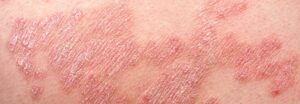
Comprehensive Guide to Understanding Eczema
October is globally observed as Eczema Awareness Month, drawing focus to the people grappling with this challenging skin condition. Our mission, not just in October but always, is to empower you with robust knowledge about eczema‘s root causes, various treatments and useful coping techniques. This
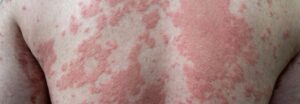
Unravelling Psoriasis: The Focus of Psoriasis Awareness Month
Each August, we commemorate Psoriasis Awareness Month, a time dedicated to elevating public understanding of psoriasis – a chronic skin ailment affecting countless individuals worldwide. The initiative is designed to dispel myths surrounding psoriasis, encourage early detection and advocate for impactful treatment methods. To those








